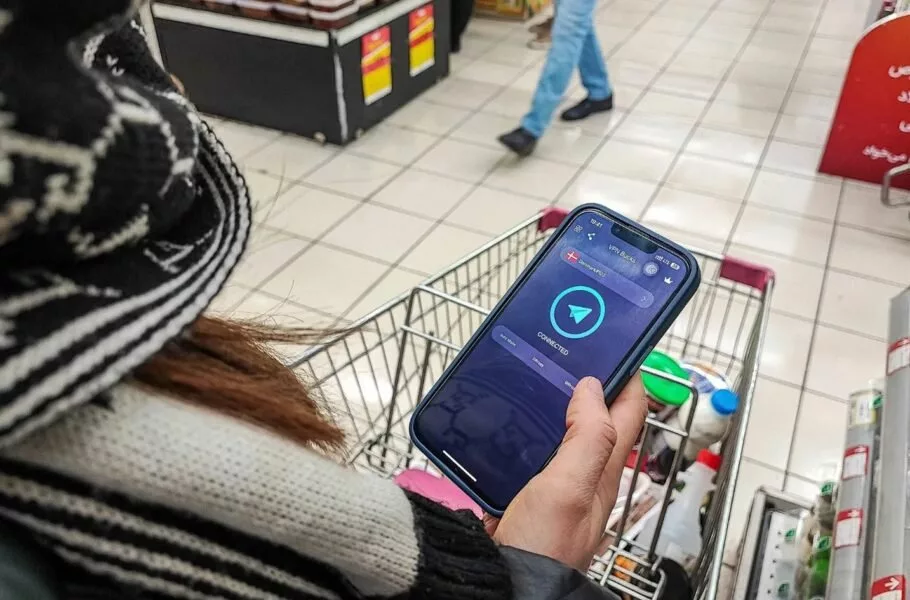
Only 19% of Internet Users in Iran Don’t Use VPNs, IPRC Survey Shows
About 81% of internet users in Iran use VPNs to bypass restrictions.
A survey conducted by the Iranian Parliament's Research Center (IPRC) reveals that about 81% of internet users in Iran use VPNs to bypass restrictions. The report also indicates that more than half of users have little hope that internet restrictions will be reduced under President Pezeshkian's administration.
The findings come from a report titled "Measuring Public Views on Government Electronic and Internet Services," which was based on a telephone survey of 1,100 participants conducted in December 2024.
Among the 914 respondents who answered the question about what type of VPN they currently use, 49.4% reported using free VPN services, while 30.3% use paid VPNs. Only 18.9% of participants said they don't use any VPN at all.
When asked about their expectations regarding the Pezeshkian administration's ability to remove internet filtering and social restrictions, 24.8% of respondents selected "not at all," and 26.7% chose "minimally." About 20.5% believed the government could remove restrictions "significantly," while 11.2% thought it could do so "very significantly." The remaining 16.8% either didn't answer or selected "don't know."
It's worth noting that this survey was conducted before the recent unblocking of Google Play and WhatsApp, meaning current public opinion on this matter may have changed.
The Parliament Research Center's survey also examined user satisfaction with internet speeds, revealing widespread dissatisfaction. About 34.5% of users reported being "not at all satisfied" with their internet speeds, while 43.2% expressed "low satisfaction." Only 19.8% said they were "highly satisfied," and a mere 2.4% reported being "very satisfied."
The data shows men are significantly more dissatisfied than women - 41.9% of male respondents said they were "not at all satisfied" with internet speeds, compared to 27.1% of female respondents. The survey also found that dissatisfaction is higher among urban residents, those with higher education levels, and households with higher incomes.
The findings paint a clear picture of the challenges facing internet users in Iran, from widespread reliance on VPNs to overcome restrictions to deep dissatisfaction with connection speeds. While some users remain hopeful about potential policy changes under the new administration, a significant portion appears skeptical about meaningful improvements in internet freedom and quality.










